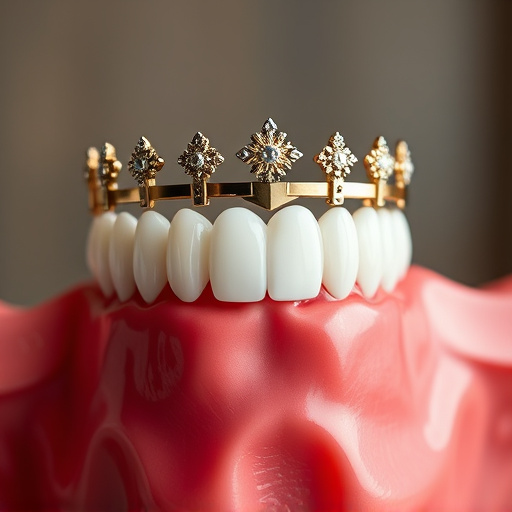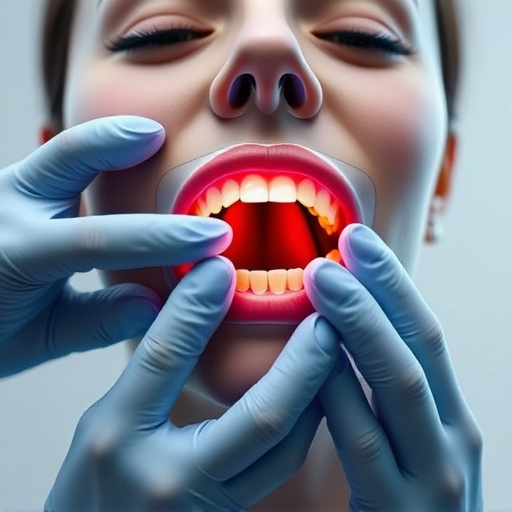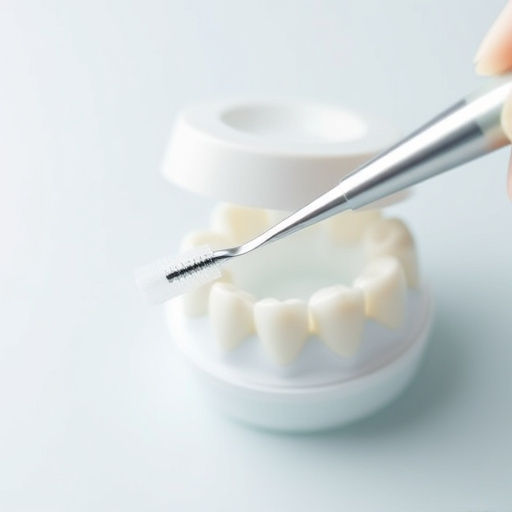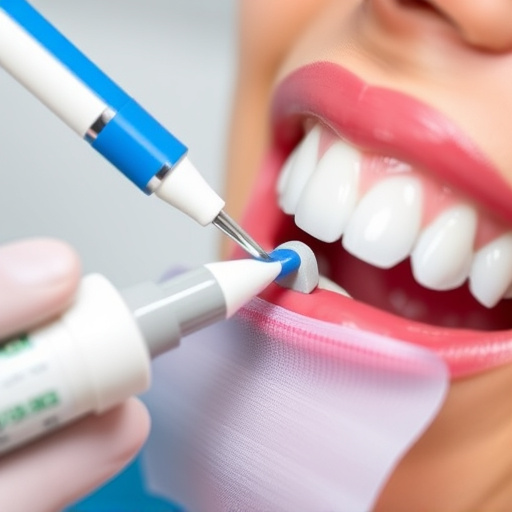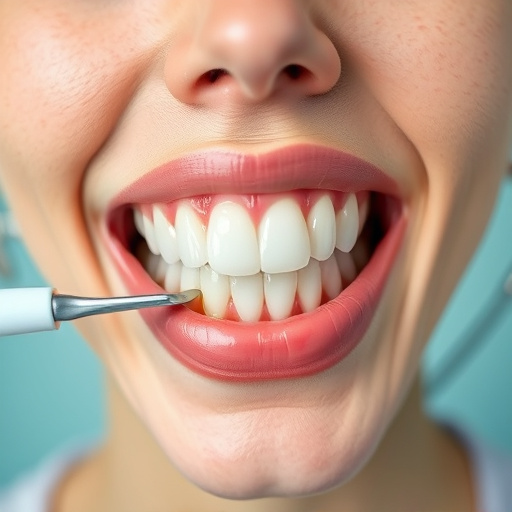Persistent bad breath (halitosis) requires more than just brushing. Dental issues like gum disease and tooth decay are common causes, necessitating a dentist for effective bad breath treatment. Dentists offer tailored solutions including bonding and fillings, along with advice on lifestyle changes to address underlying causes and prevent future odor problems, ensuring fresh breath through comprehensive oral care.
Do you struggle with persistent bad breath? If so, you’re not alone. This common issue can stem from various causes, often misunderstood. This article explores dentist-guided bad breath treatment methods that go beyond surface-level solutions. We demystify common misconceptions and highlight the crucial role dentists play in diagnosing and treating persistent halitosis effectively. Discover long-lasting fresh breath strategies backed by dental expertise.
- Understanding Bad Breath Causes and Common Misconceptions
- The Role of a Dentist in Treating Persistent Halitosis
- Effective Strategies for Long-Lasting Fresh Breath
Understanding Bad Breath Causes and Common Misconceptions
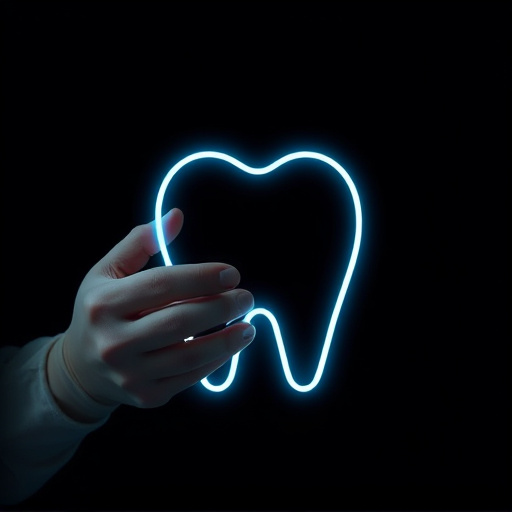
Bad breath, or halitosis, is a common concern that many people face. However, understanding its causes goes beyond simply knowing what foods can lead to temporary mouth odor. While certain foods and poor oral hygiene are contributors, there are often more complex factors at play. For instance, dental issues like gum disease, tooth decay, or even dry mouth can be the root cause of persistent bad breath. Misconceptions abound, such as assuming that simply brushing teeth is enough to combat halitosis, but this may not address the underlying problems.
Addressing bad breath requires a comprehensive dental care approach. Regular routine oral exams with your dentist are essential steps in maintaining good oral health and identifying potential issues early on. Emergency dental care might be needed if you suspect an acute problem, but for ongoing bad breath treatment, establishing a consistent oral care routine and seeking professional guidance from your dentist is key to achieving lasting results.
The Role of a Dentist in Treating Persistent Halitosis

When dealing with persistent halitosis (bad breath) that doesn’t respond to oral hygiene practices, a dentist plays a pivotal role in effective treatment. They are equipped to diagnose the root cause of bad breath, which could range from dental issues like tooth decay or gum disease to more systemic health problems. Unlike self-treatment methods, a dentist-guided approach ensures a thorough understanding of your oral health and customizes the treatment plan accordingly.
In their practice, dentists may employ various techniques, including dental bonding to fill in gaps or repair damaged areas, dental fillings to address decayed teeth, and even emergency dental care for urgent matters. They also offer guidance on lifestyle changes, such as diet adjustments and improved oral hygiene routines, which can significantly contribute to bad breath treatment success.
Effective Strategies for Long-Lasting Fresh Breath

When it comes to achieving long-lasting fresh breath, a multi-faceted approach is key. Beyond routine oral hygiene practices like brushing and flossing, several effective strategies can complement dentist-guided bad breath treatment for sustained results. One powerful tool in the fight against persistent halitosis is restorative dentistry. By addressing any decay or damage to teeth, dentists can eliminate sources of odor-causing bacteria. For example, dental bonding can repair minor chips or cracks that might harbor bacteria and contribute to bad breath.
In addition to these adult-focused treatments, children’s dentistry plays a vital role in fresh breath maintenance from an early age. Teaching proper oral hygiene habits, such as thorough brushing and flossing techniques, can prevent the buildup of plaque and bacteria that lead to halitosis. Regular dental check-ups for children ensure any potential issues are addressed promptly, promoting both overall oral health and fresh breath.
Bad breath can be a persistent issue, but with the right guidance and strategies, it’s manageable. Dentist-led care plays a pivotal role in addressing the root causes of halitosis, from oral hygiene practices to systemic health factors. By combining professional expertise with effective at-home routines, individuals can achieve long-lasting fresh breath. Remember, proper diagnosis and tailored treatment plans are key to success, making regular dentist visits an essential part of maintaining good oral health and eliminating bad breath.








